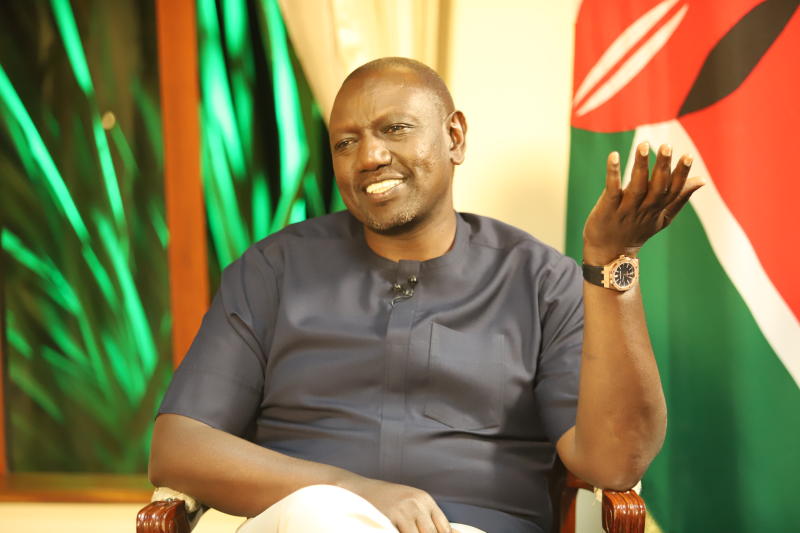×
The Standard e-Paper
Join Thousands Daily

Kiambaa by-election victory no doubt would have been good reason for Deputy President William Ruto to uncork a champagne bottle were he not a teetotaler.
But the seasoned political operator knows it isn’t celebration time yet. Better still, he surely would know the hurdles ahead.